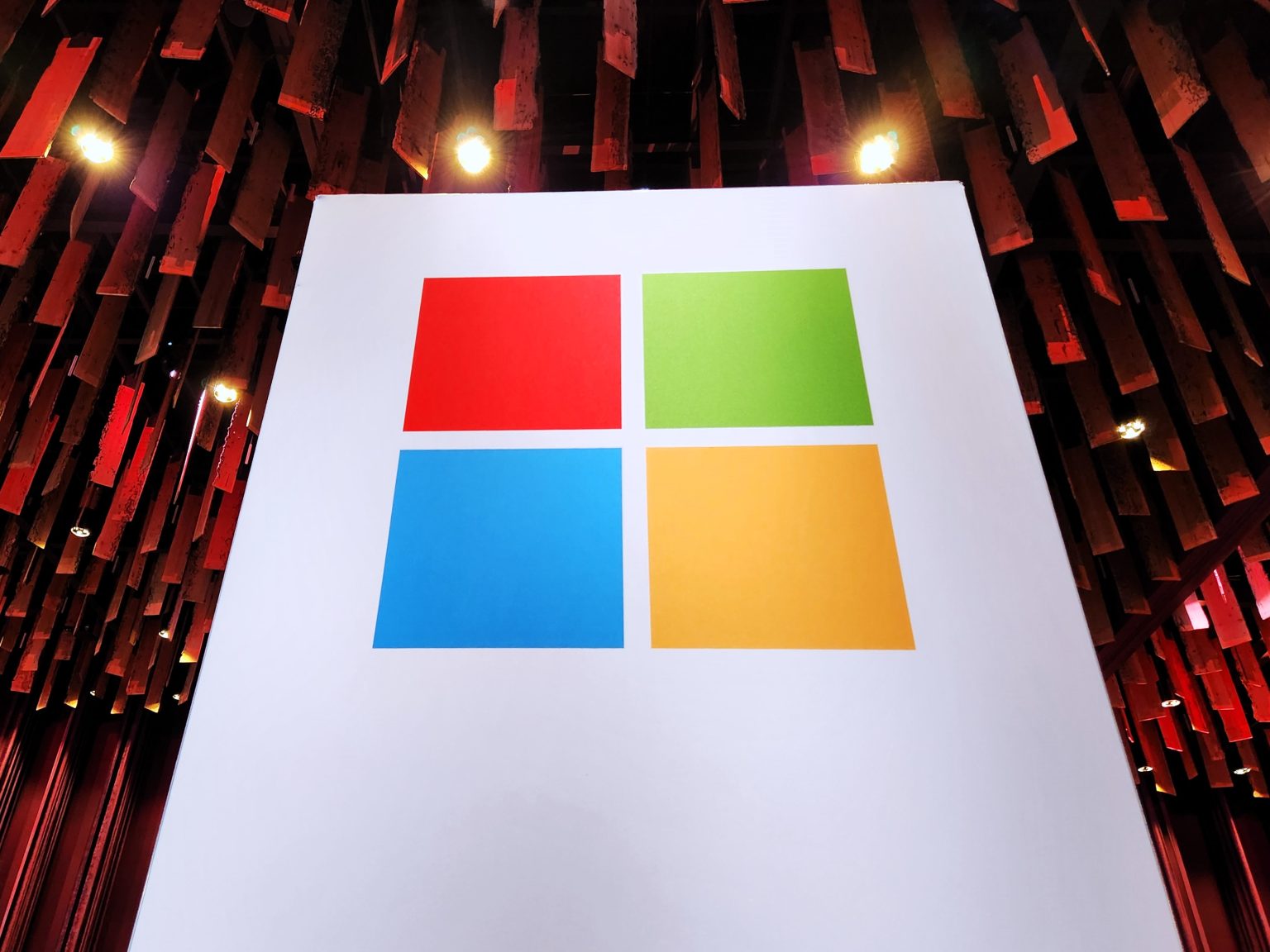Microsoft has recently released a progress report on its Secure Future Initiative (SFI), outlining significant changes to enhance security measures following criticism by the Cyber Safety Review Board (CSRB). The company is taking steps to protect identities and secrets by using hardware security modules for token signing keys, eliminating unused apps and tenants, and implementing access policies for elevated roles. In addition, Microsoft has dedicated a substantial number of engineering resources to the SFI, making it the largest cybersecurity engineering effort in history.
As part of its security reforms, Microsoft has appointed 13 deputy chief information security officers (CISOs) in its product groups to oversee security efforts. These individuals report directly to Microsoft’s Chief Information Security Officer, Igor Tsyganskiy. The company’s senior leadership reviews security progress weekly, with quarterly updates provided to the Microsoft board. These changes come in response to recent security breaches, such as the Russian state-sponsored actor accessing internal systems and executive email accounts, and the Chinese hacking group compromising Microsoft Exchange Online mailboxes.
The deputy CISOs at Microsoft have diverse responsibilities ranging from overseeing security for regulated industries and core infrastructure to gaming offerings and security products. These individuals bring a wealth of experience in technology, security, and leadership roles from the military, healthcare, financial services, and other sectors. Microsoft’s focus on appointing deputy CISOs highlights its commitment to strengthening security across its various product offerings and ensuring that cybersecurity measures are robust and effective.
In addition to addressing internal security threats, Microsoft is actively working to secure its AI products by appointing a deputy CISO focused on artificial intelligence. Yonatan Zunger leads this effort, ensuring that AI products are safe and secure for customers. With the growing importance of AI in various industries, Microsoft’s commitment to AI security underscores its dedication to providing secure technologies that meet the highest standards of safety and reliability.
The appointment of deputy CISOs across different product groups demonstrates Microsoft’s holistic approach to security, encompassing a wide range of technologies and services. By leveraging the expertise and experience of these individuals, Microsoft aims to strengthen its security posture and protect its customers from emerging threats. The company’s commitment to security is underscored by the significant resources dedicated to the Secure Future Initiative, making it a leading force in cybersecurity engineering efforts.
Overall, Microsoft’s security initiatives reflect a proactive and comprehensive approach to address cybersecurity challenges and protect against evolving threats. The company’s focus on governance, technical changes, and leadership appointments signals a commitment to continuous improvement and innovation in the security domain. By aligning its security efforts with industry feedback and best practices, Microsoft is well-positioned to enhance its security capabilities and safeguard its products and services against potential risks.


